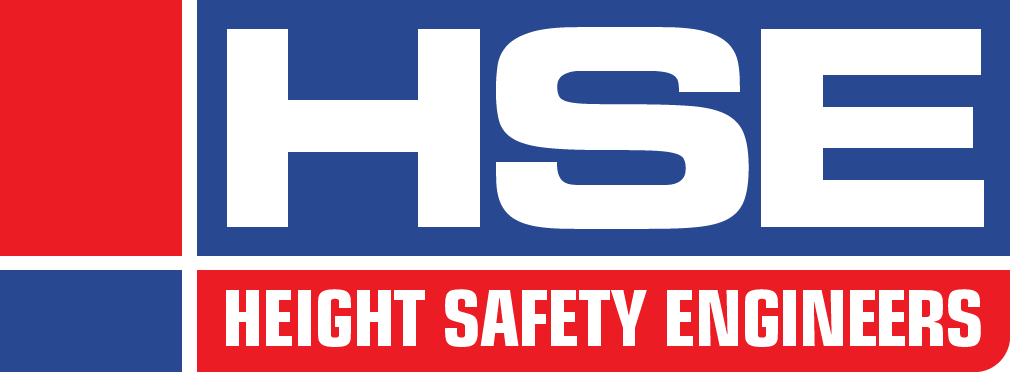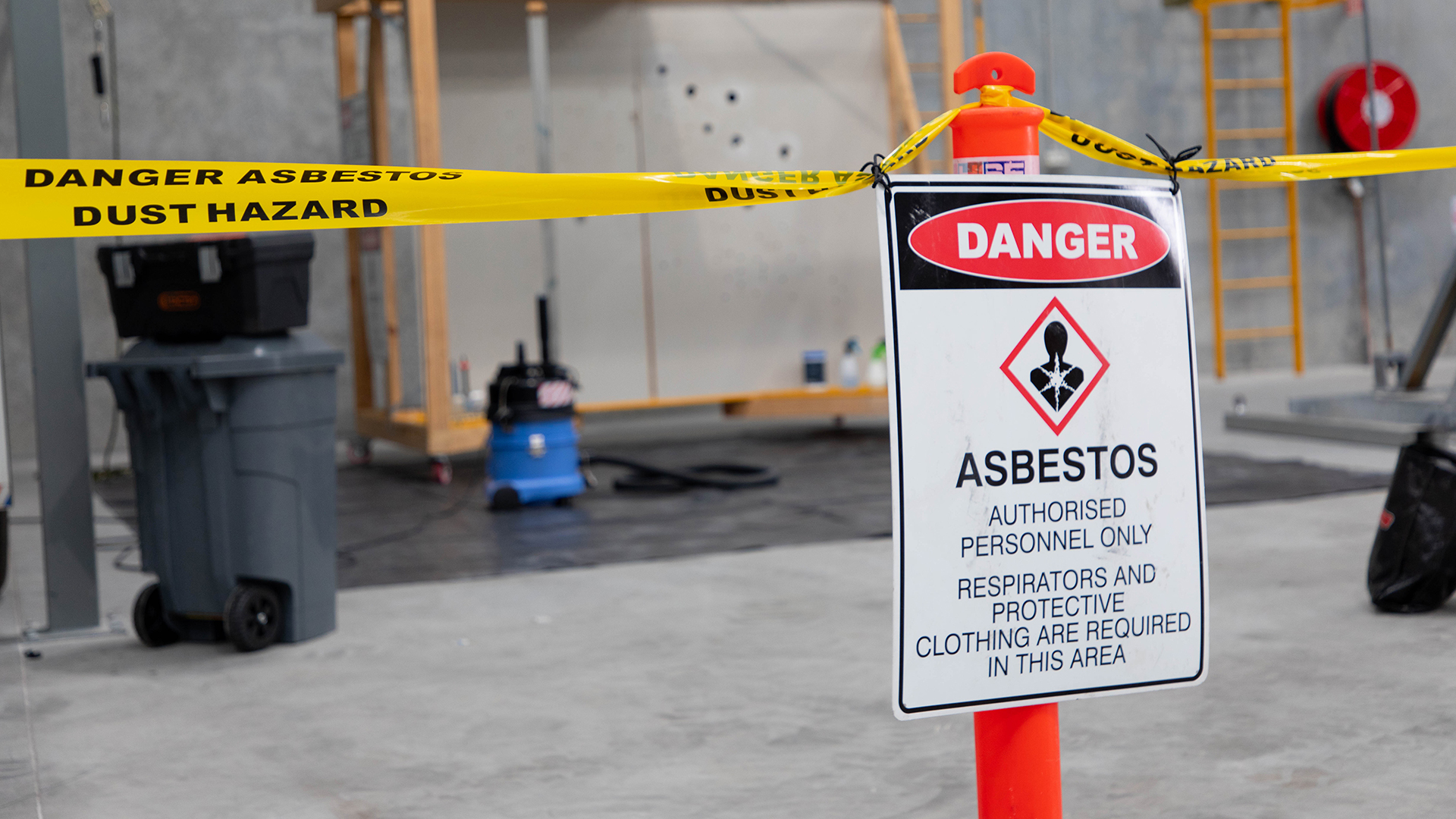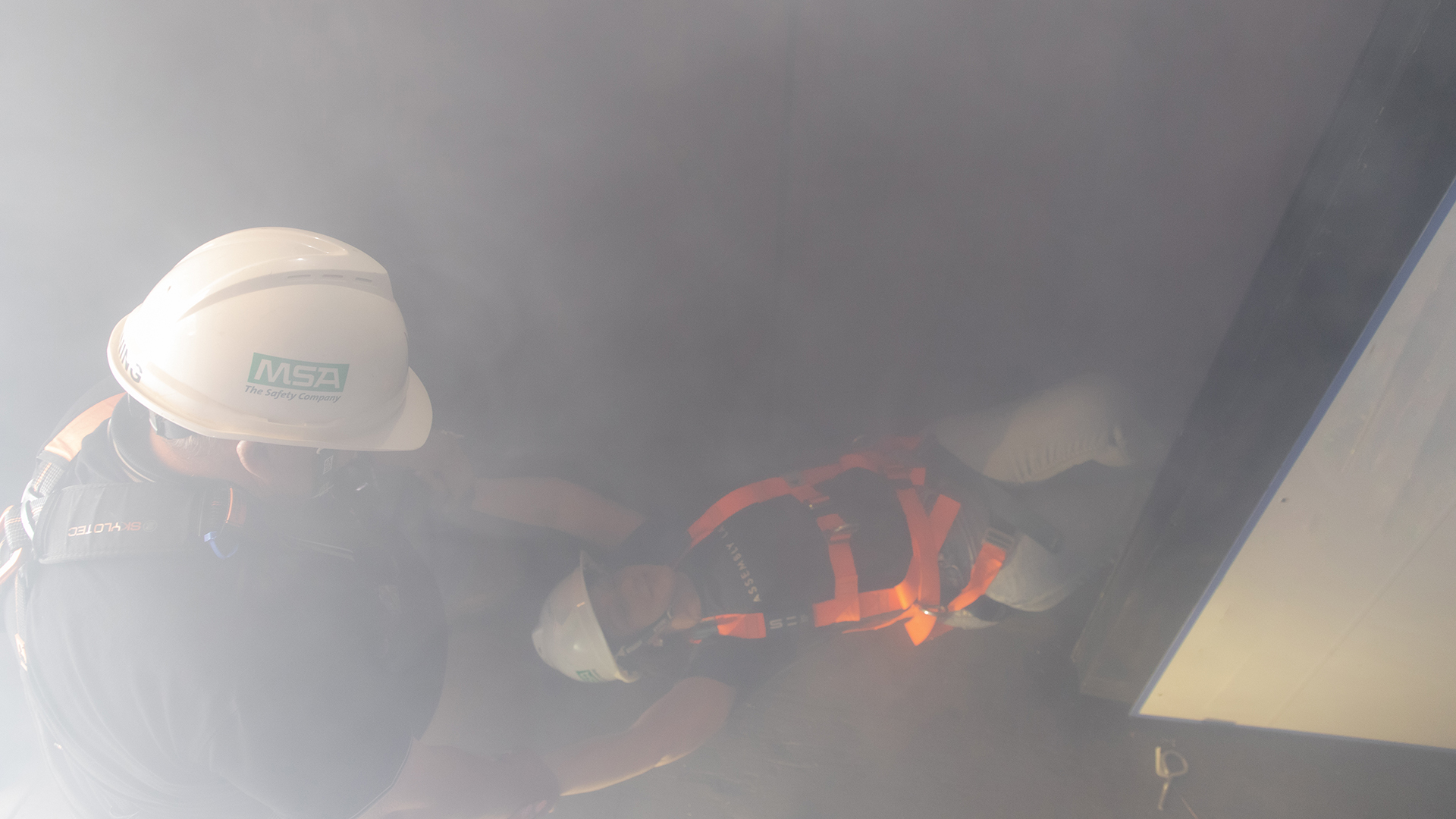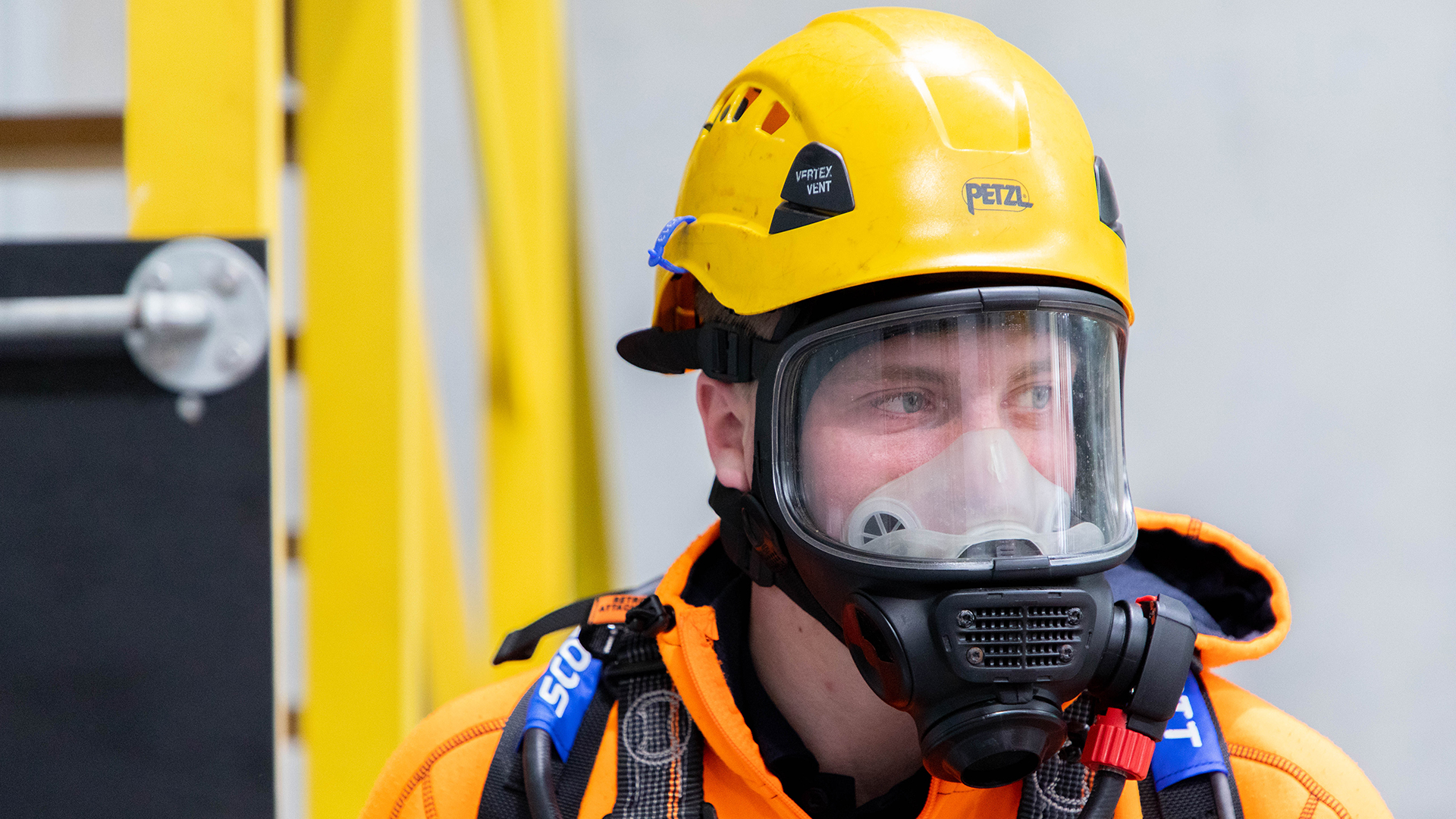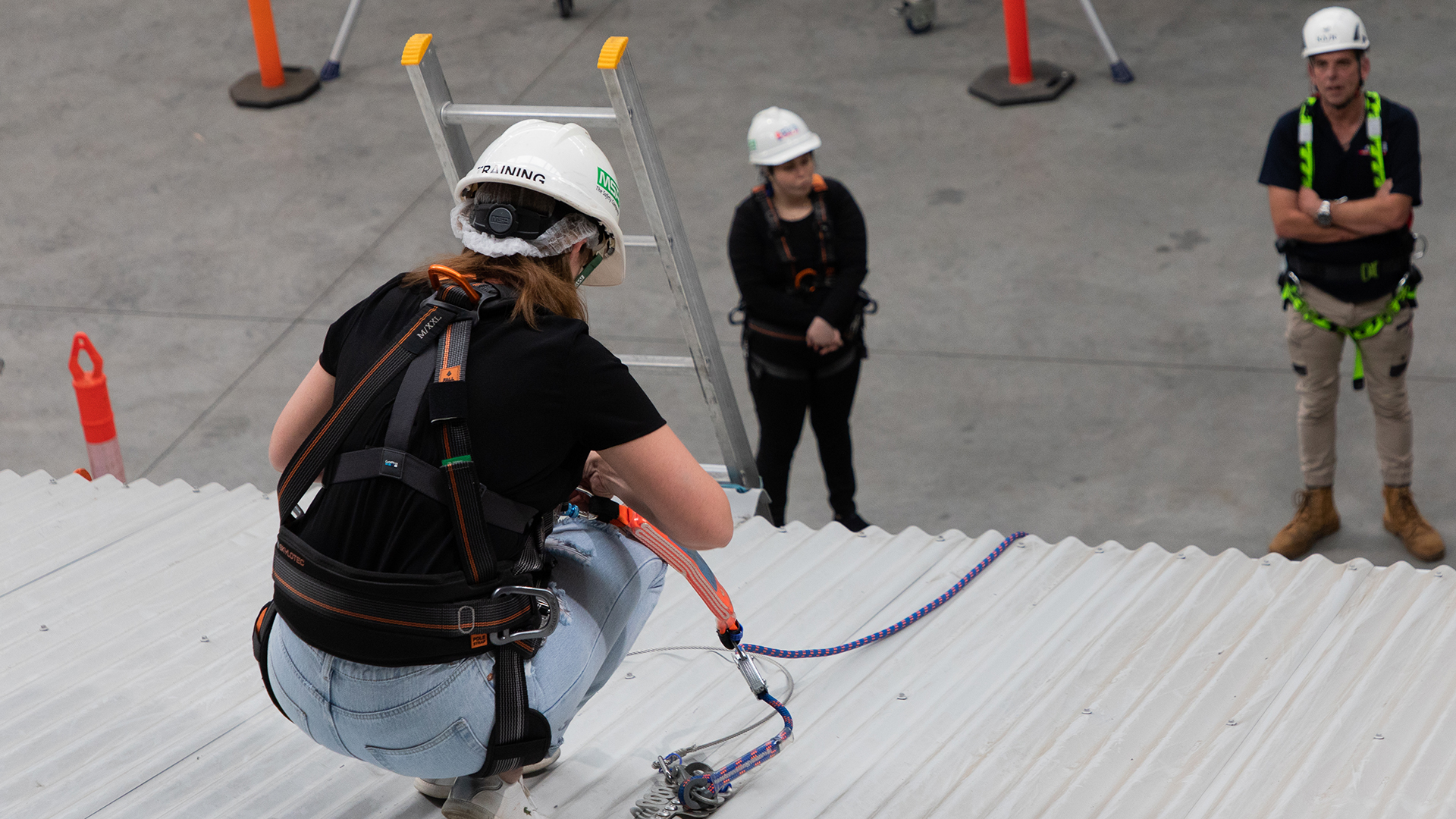Confined space skill set (one day)
Learn skills for working in and around confined spaces. This course also includes MSMWHS217 Gas test atmospheres.
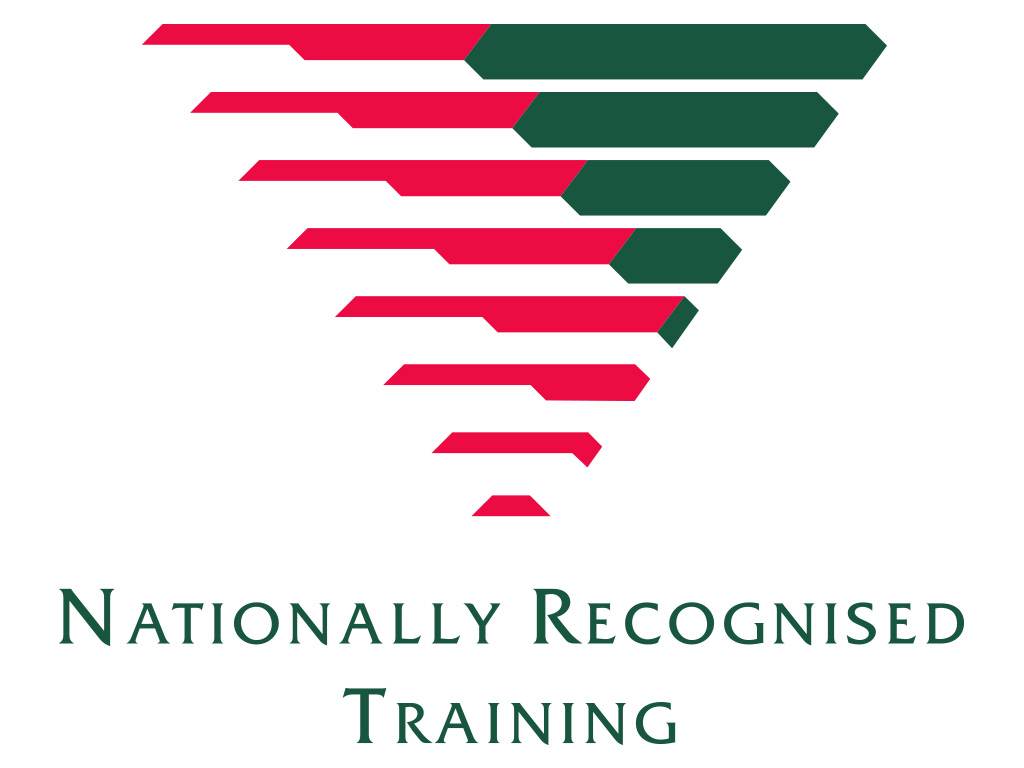
A confined space is among the most dangerous environments to work in. This is mainly due to risks associated with reduced access to oxygen but also reduced visibility and limited space for mobility. Examples of confined spaces include drainage pipes, crawl spaces and tanks.
It is critical that employees know how to operate within these spaces with caution and care. Employers are responsible for ensuring that every single employee has sufficient training in this area. Unfortunately, in Australia there have been several recent confined space related fatalities, often due to inadequate worker training.
Nationally-accredited, confined space courses are designed to educate workers on how to effectively manage the risks associated with working in confined spaces.
A one-day course covers both theory and practical aspects. Successful completion of this course may result in statements of attainment for the following, depending on the specific offering of the training provider:
- RIIWHS202E Enter and work in confined spaces
- MSMPER200 Work in accordance with an issued permit
- MSMWHS217 Gas test atmospheres
Hands on learning
We believe that the best way to learn is by doing, not just watching. Theory is important, but ‘death by PowerPoint’ type lectures make for poor learning outcomes. Students need to be active participants in order to retain the information they are being taught.
We strongly encourage seeking out highly interactive training. Courses should combine engaging theory instruction with work-accurate simulation exercises.
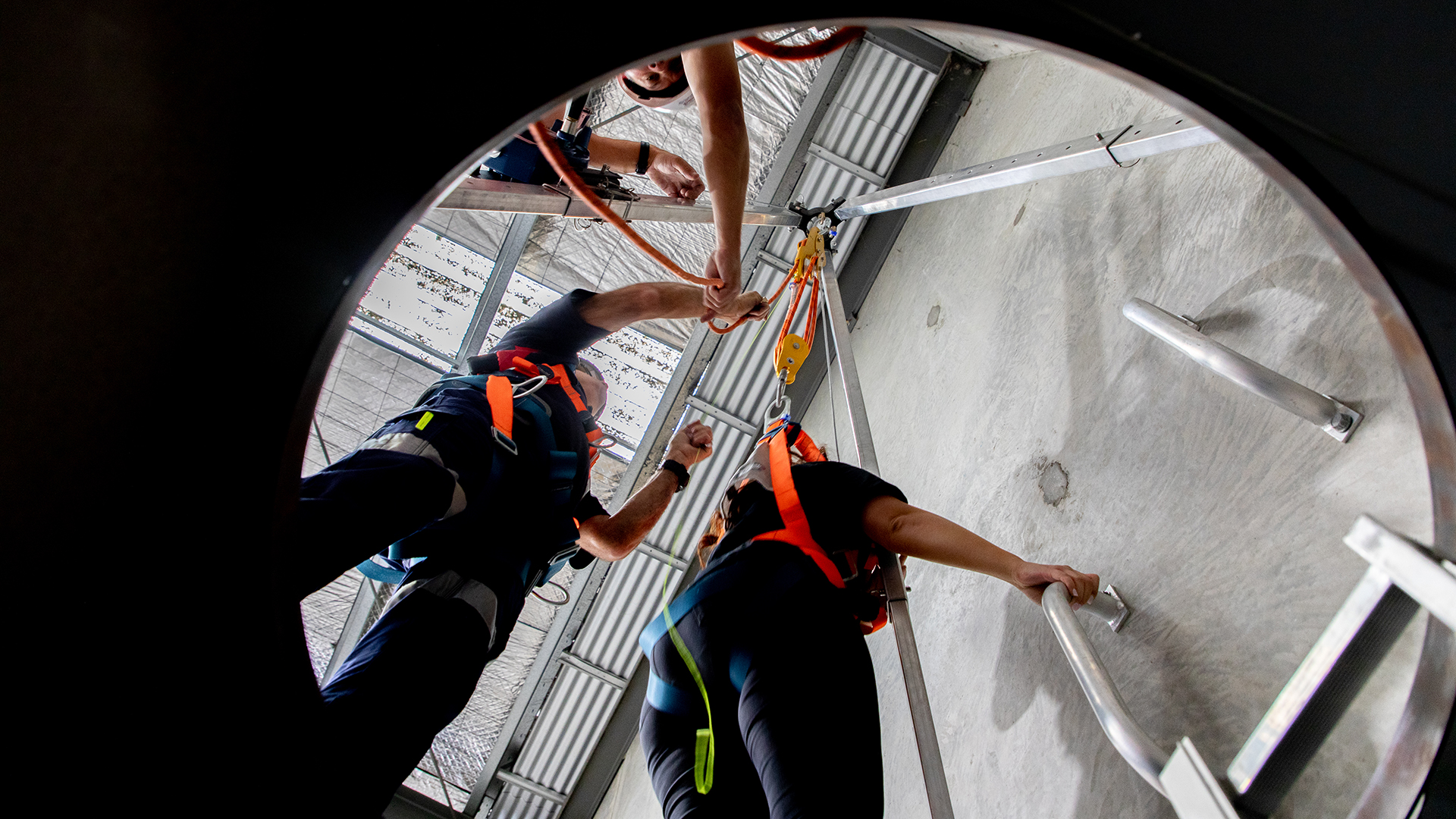
About this course
The aim of this course is to provide students with a comprehensive understanding of how to correctly work in and around confined spaces. Following training; students will be able to identify the hazards associated with working in and around a confined space. Understanding of key legislation, duties of a standby person and understand the various categories of personal confined space entry and rescue equipment including their characteristics and limitations. Working with permits is an integral part of this course. Students will also be required to carry out pre and post user inspections of all equipment.
Duration: 1 day (8 hours)
Student/trainer ratio: 10:1
Course objectives and content
- Understanding of confined space legislation and standards.
- Definition of a confined space.
- How to perform risk assessments and control measures.
- Confined space permits.
- Atmospheric monitoring.
- Confined space entry equipment – tripods, davits, RPD’s, personal winches, retrieval SRL’s, spreader bars and full body harnesses.
- Demonstrate confined space entry, work positioning and rescue techniques.
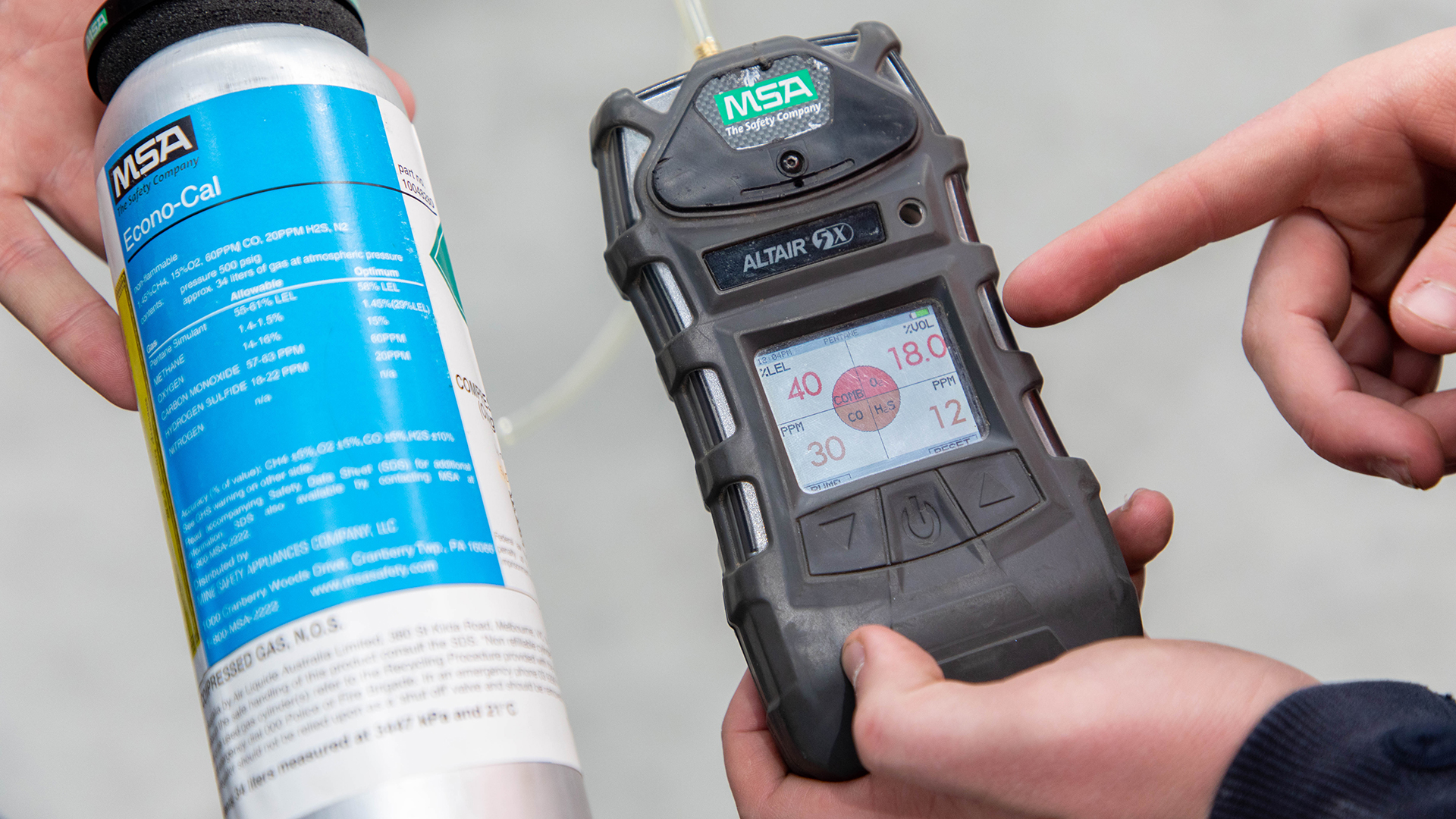
Qualifications for successful participants
Statement of attainments in:
RIIWHS202E Enter and work in confined spaces
MSMPER200 Work in accordance with an issued permit
MSMWHS217 Gas test atmospheres
Confined space skill set (one day) FAQs
According to Safe Work Australia, a confined space is determined by the hazards associated with the specific situation—not just because work is performed in a small space.
A confined space means an enclosed or partially enclosed space that:
- Is not designed or intended to be occupied by a person.
- Is at normal atmospheric pressure—or is designed or intended to be at normal atmospheric pressure—while a person is in the space.
- Is a risk to health and safety from:
- an atmosphere that doesn’t have a safe oxygen level
- contaminants like airborne gases, vapours and dusts that may cause injury from fire or explosion.
- Has harmful concentrations of any airborne contaminants.
- Is at risk of engulfment.
Confined spaces are commonly found in vats, tanks, pits, pipes, ducts, flues, chimneys, silos, containers, pressure vessels, underground sewers, wet or dry wells, shafts, trenches, tunnels or other similar enclosed or partially enclosed structures, according to model WHS regulations.
A space may become a confined one if work carried out in it could generate harmful concentrations of airborne contaminants.
This course is suitable for anyone who is required to perform any work or task where there is a need to enter and work in a confined space. This includes workers from entry level to senior management.
Some of the most common industries which require workers to complete this course include:
- Water and sewerage
- Oil and gas
- Construction, including electricians, builders and plumbers
- Mining
- Transport and storage
Our confined space training course has no designated ‘expiry date’ once a statement of attainment has been received. However, refresher courses are encouraged or sometimes required by individual employers.
Different employers will have different stipulations on how often confined space refresher courses are required. For example, a local council may require employees to complete a refresher course once a year, whereas a construction company may require it every three years.
For workers:
- Ability to readily identify risks and hazards for working in confined spaces and respond appropriately.
- Ability to swiftly, and competently, handle emergency situations.
- Receive skills which are transferable to many other industries and jobs.
For employers:
- Increase the skill set of your employees, thereby adding value to your business.
- Peace of mind that you are meeting legal obligations to keep employees safe under workplace health and safety regulations.
- You’ll save money in the long run by avoiding worse case scenarios.
